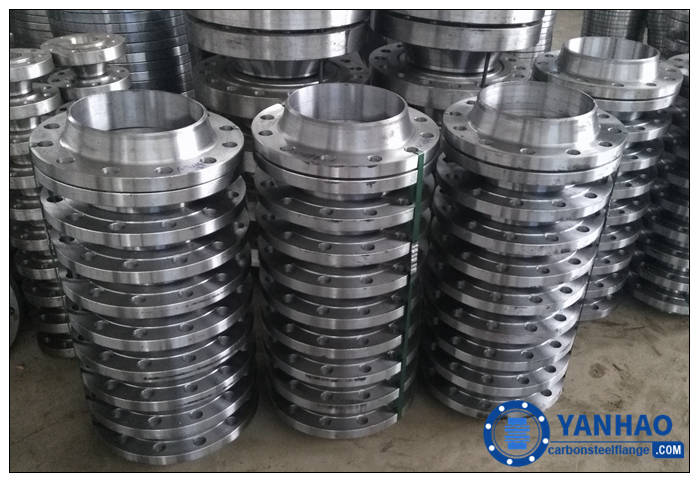How To Choose The Right pipe Flange?
A pipe flange is a fitting used in pipelines that can connect pipe fittings at both ends, turning multiple separate pipes into a piping system. The flange can withstand a certain pressure or temperature to ensure no leakage, and it is convenient for installation and maintenance. Flanges are used in many railroads, pipeline connections, refineries, and any other component that requires reinforcement.

Things to consider when choosing the right flange
1. When considering the appropriate flange type, you must know all the details before consulting.
2. Check the material composition of the pipe flange. For piping applications made of metal, choose metal flanges.
3. The size of the pipe flange must be defined and suitable for the corresponding pipe.
4. The pressure rating of the flange should generally be the same as the material of the connecting components.
5. Choose the pipe flange according to the actual situation, and only choose the flanges with specifications suitable for your system. Don’t choose cheap pipe flanges with poor quality and low price, which will bring quality hidden dangers to your pipes.
6. The quality and performance of the flange should be tested before installation. Also, make sure you secure the tool you’re installing and get to where you’re going to put it safely.
7. Care should be taken during installation, and flanges and pipes must be thoroughly checked to avoid holes or leakage in future maintenance.
8. Confirm that it is correct before installation. Once installed and used, they will no longer be considered new, so they cannot be returned.
What kind of pipe flange is a good flange?
Proper flanges are usually very simple and efficient to operate. They are convenient and cost-effective in any situation, and our flanges are of excellent quality. When choosing flanges, make sure they are high-pressure rated, able to withstand extreme temperatures, and resist corrosion where necessary.
Good flanges are usually made of copper, carbon, stainless steel, and other alloys. According to the actual standards of these alloys, the quality of these materials should be acceptable.
There are many factors that affect the performance of flange components. Proper performance flanges are essential to making work efficient and easy, so be sure to choose the best flanges that meet ASTM standards. The performance of the flange depends on factors such as its durability, weight, and elasticity of the flange. Also, buyers should pay more attention to flange weight and material when this is a factor.
Assembling the proper flange to the connection is a factor in its performance and these are best used with correct piping, bolting, and torque data.

